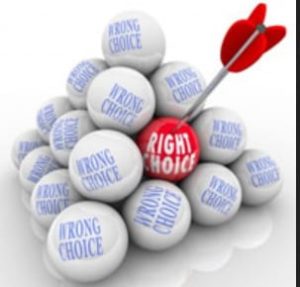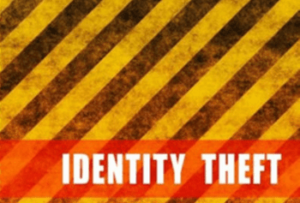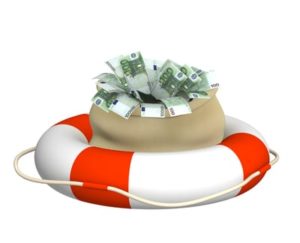If you live in one of these nine states, you may have to have a passport for air travel within the US! These states don’t have ID that is compliant with the Real ID Act of 2005 yet.
Is your state one of the 9? Read more.
For more financial tips, visit my website.


 Fact Checking Charities
Fact Checking Charities